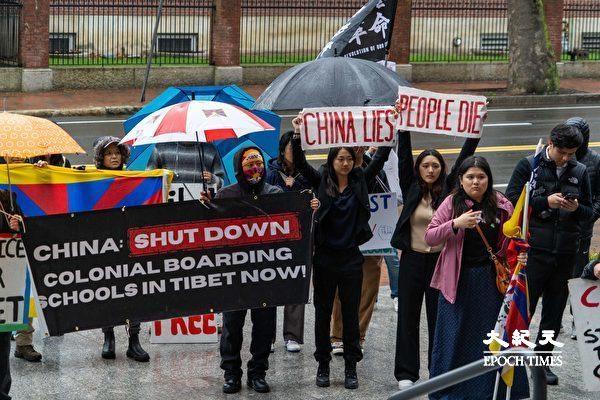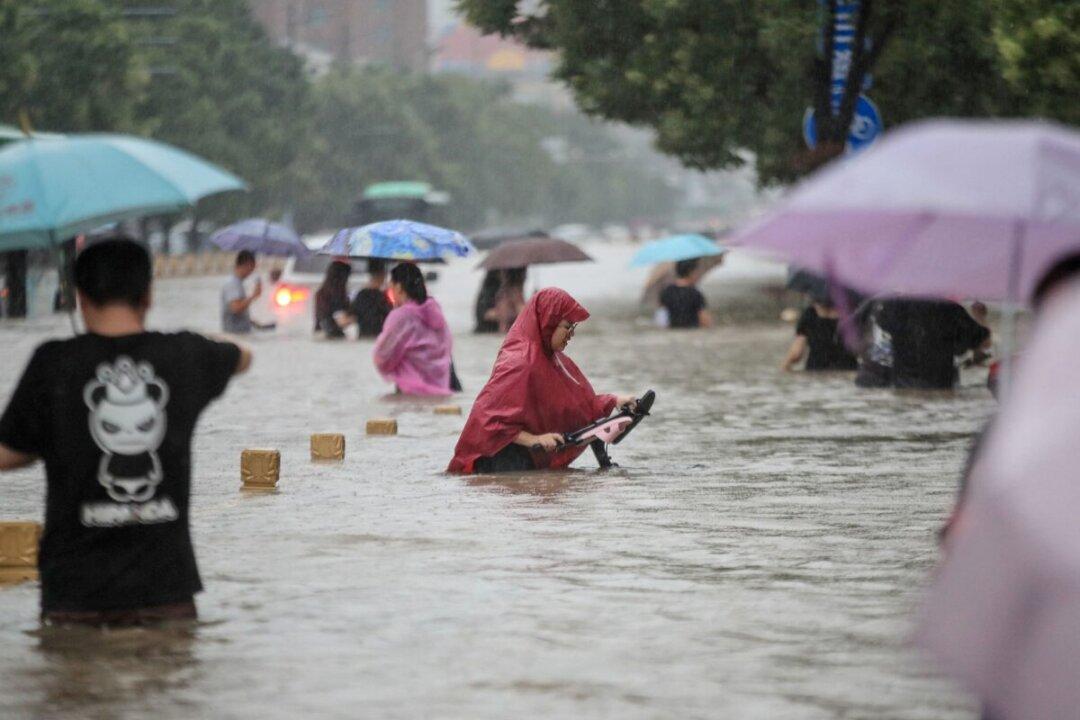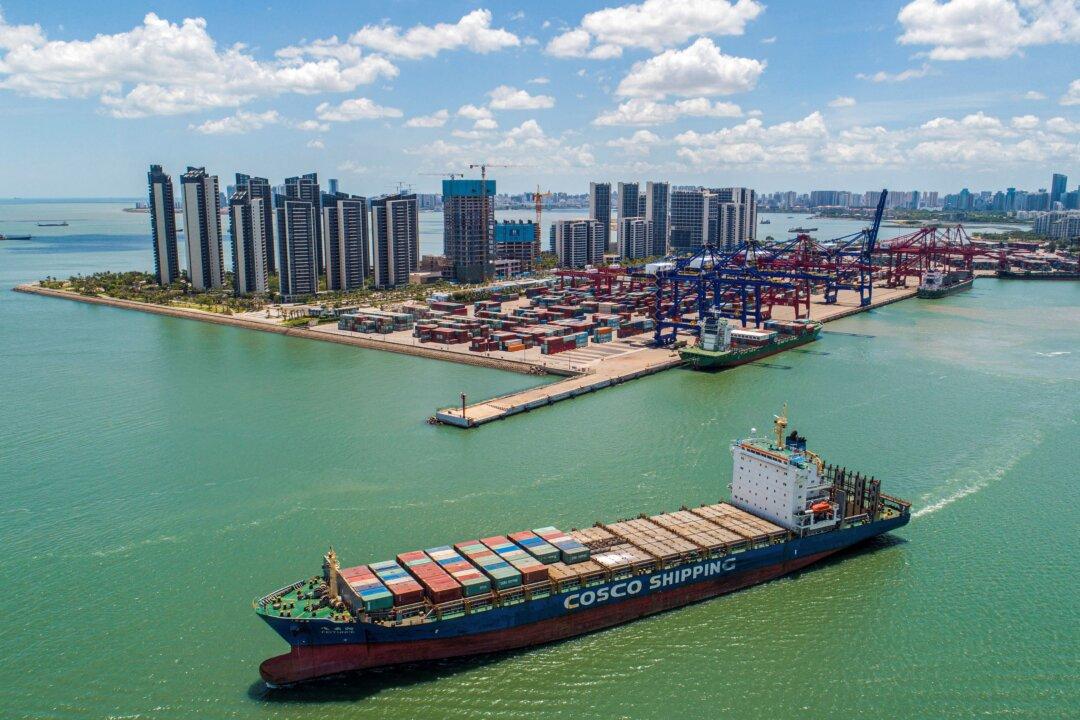A long-running competition for power in China between former paramount leader Jiang Zemin and current paramount leader Hu Jintao is now being decisively won by Hu, according to a China scholar who has been working for years to expose Jiang’s wrongdoings. A key indicator of Jiang’s falling status is his failure to attend the opening ceremony of the Shanghai Expo on May 1.
“It was vitally important for former CCP chief Jiang Zemin to attend the opening ceremony of the Shanghai World Expo. If he could not, he would no longer appear at any other important occasion in the future, ” said Chinese scholar Lu Jiaping.
Shanghai, Jiang’s headquarters, was awarded the location of the 2010 World Expo during his administration. His ability or inability to be present at the opening ceremony is considered a barometer for the Jiang faction.
Lu said, “Hu Jintao has almost settled with Jiang this time. Jiang was unable to exert any political influence.”
According to Lu, “Hu finally took Jiang’s historical scandals and betrayals as breaking points to subdue Jiang. Because of that, no other faction would speak for Jiang Zemin, not even the Jiang gang.”
Lu wrote an open letter on Dec. 15, 2009 in which he described scandals involving Jiang Zemin: 1) Both Jiang and his father were traitors who joined with the Japanese during WW II; 2) Jiang was a spy for the former KGB and later bartered away Chinese territory to Russia; 3) Jiang pretended he joined the CCP as early as 1949, which is not true; 4) and Jiang pretended to be the son of Chinese Communist Party martyr Jiang Shangqing.
Lu said no one would defend Jiang in any of these scandals. “Jiang’s absence at the Expo opening ceremony was by arrangement of the Central Committee and the Jiang gang,” Lu said. According to Lu, “if Jiang fell, none of his faction would support him.”
According to Lu, Hu has wanted to use Jiang’s scandals to deprive him of power, but to do so out of the public eye.
“To maintain overt social stability, Hu is not ready to openly reveal these problems at the moment. Once these historical scandals are exposed, the CCP would be put into a negative light; such an event might even trigger a great national upheaval and lead to an anti-communist movement. The people may wonder why the CCP chose such a traitor and cheat as leader, and how he sneaked into the Central Committee and became the chief,” Lu said.
“So the Central Committee adopted a strategy to strike where the enemy is weakest and to not let others know he has become hopeless, in spite of Hu defeating him. ”
Other recent events support Lu’s speculations about Jiang now having lost power in China.
On March 30, 2010, information regarding the lawsuits filed against Jiang Zemin by Falun Gong practitioners regarding his persecution of them became accessible to Chinese netizens when searching Baidu, China’s largest search engine. It is the first time for Chinese netizens to have access to such search results since Jiang launched the campaign of persecution against Falun Gong in 1999. The unprecedented access to secrets published on the Internet was short-lived, lasting for only 10 hours.
Commentator Li Tianxiao held that two possibilities for the brief duration of the Internet access existed: technical bugs and a planned scheme. According to Li, the latter is more likely than the former: In order to defeat the Jiang faction, Baidu was inspired by Hu to play this trick.
On the eve of the People’s Political Consultative Conference and People’s Congress, which were both held in early March, key members of the Jiang faction including Li Changchun, Huo Guoqiang and Jia Qinglin published a chronology of Jiang Zemin’s thoughts. Only 19 days later the Central Committee called a stop to this and those who were involved were compelled to make self-criticisms. This incident is unusual in the history of the CCP.
For years, Lu has led an unusual career in which he has vigorously criticized Jiang. Observers believe he could only have done this with the benefit of patronage at the highest levels of the CCP.
Read the original Chinese article.
Former CCP Chief Said To Have Lost Power Struggle
A power struggle between former CCP chief Jiang Zemin and current leader Hu Jintao is now being won by Hu.
|Updated:



